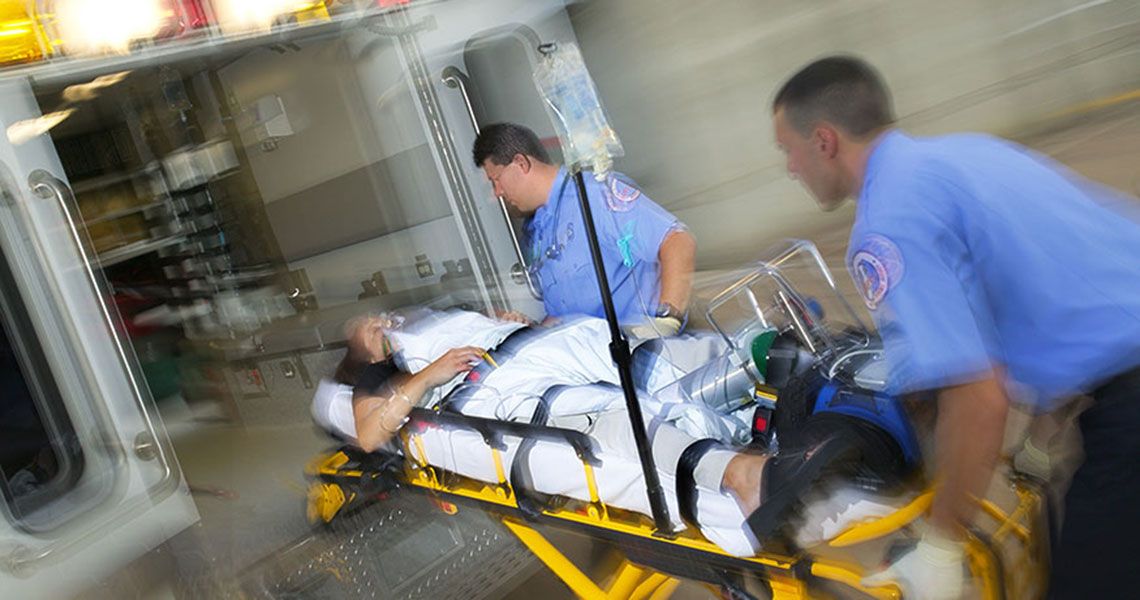Everyone talks about how they would react in the face of danger. But when the unthinkable becomes reality, how many of us really know how to handle a perilous situation? Following a high number of active shooter and active violence incidents in recent years there has been a concerted effort to better prepare civilians and first responders for reacting and responding to any high-threat incident.
In 2014, the George Washington University (GW) School of Medicine and Health Sciences (SMHS) earned a Continuing Training Grant from the United States Department of Homeland Security’s Federal Emergency Management Agency (FEMA) to establish a high-threat response training program for the whole community.
Last summer, the program, led by Geoff Shapiro, director of emergency medical services and tactical/operational medicine at SMHS, began offering several new courses approved and accredited by FEMA. The training is based on the tenets of Tactical Emergency Casualty Care (TECC), a set of evidence-based, best-practice treatment guidelines used by citizens, bystanders, first responders, and emergency department staff.
“TECC is the civilian standard for provision of medical care at or near the point of wounding during high-threat situations,” Shapiro explained.
The courses are geared toward EMS, fire, and other first responders, though there is a course designed for “first care providers,” which has been requested by other entities such as schools and businesses. The first course, titled Introduction to Tactical Emergency Casualty Care, is available online and the in-person training courses are available to jurisdictions upon request at no cost for instruction.
The classes provide institutions with the training and tools possible to assess and change their responses to high-threat situations, such as an active shooter.
Shapiro is a principal instructor along with E. Reed Smith, MD, associate clinical professor of emergency medicine at SMHS. They also recruit adjunct faculty from across the country to assist in classes. All instructors are public safety experts and/or physicians.
“The TECC medical guidelines themselves have strong roots [growing] out of GW,” said Shapiro. “The training was a natural evolution from those guidelines.”
Shapiro and Smith are two founding members of the Committee for Tactical Emergency Casualty Care, a nonprofit that started at GW in 2011.
“Because of the work we do with our public safety partners and with the military and some of the other groups that we work very closely with, we’ve been doing TECC training for eight plus years,” Shapiro said. “Then we received the grant as the result of the training that we were doing locally to make it a national program.”
As the program develops, he added, the goal is to continue offering courses and expand their reach to a wider audience, schools in particular.
Courses have been delivered in across the U.S., including in Juneau, Alaska; Providence, Rhode Island; Gainesville, Florida; and Ashburn, Virginia. Additional trainings are being scheduled in New Jersey, Montana, the D.C. metro area, and several other locations.
In order for a county, institution, or other entity to register for a class, they should reach out to the team at GW, who will connect them to a FEMA state authorizing agent who approves the training. Once approved, the team will work to schedule the class.



